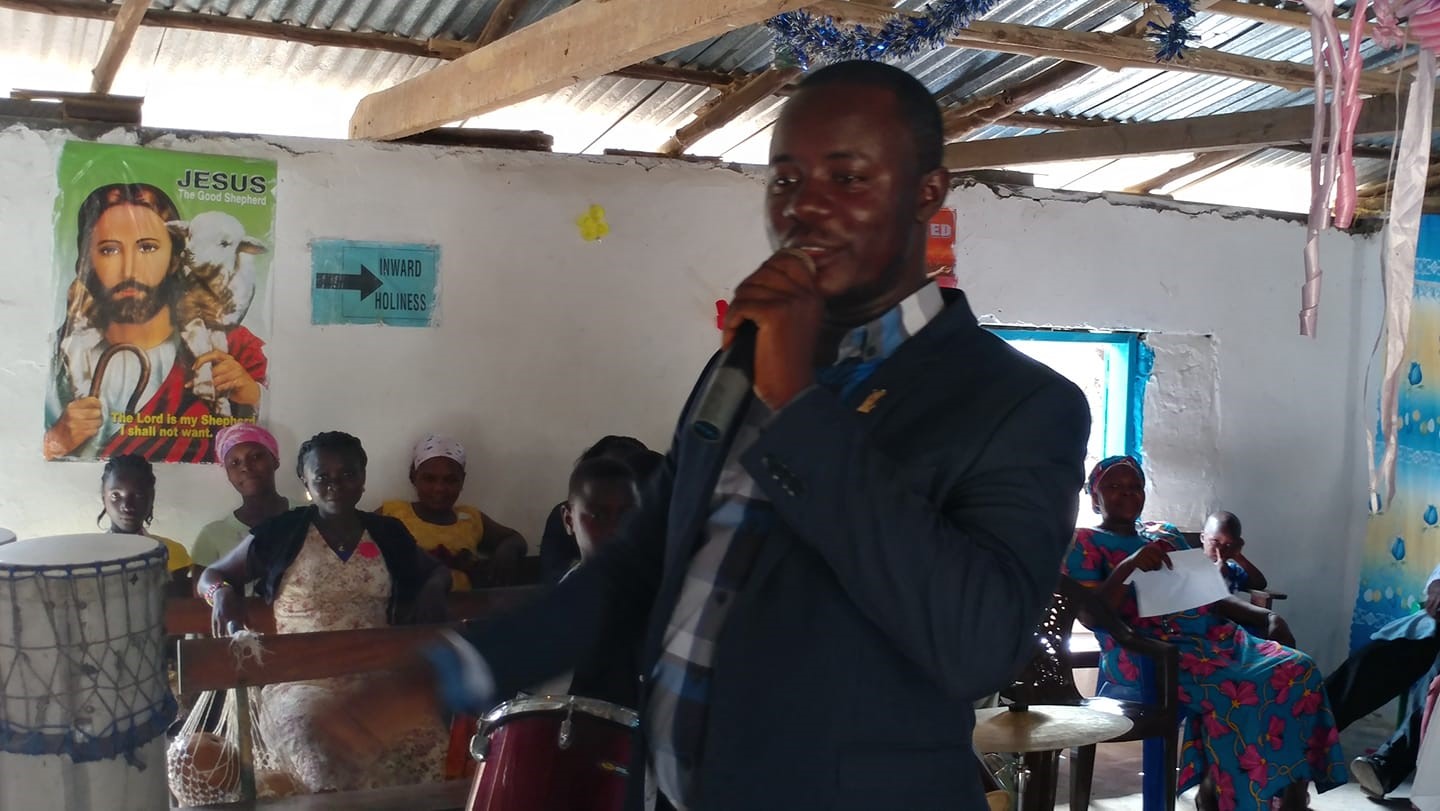In 2013, Foday Fahnbulleh led a group of student activists who protested against a Chinese mining firm’s operations in Liberia, resulting in their arrest. They accused China Union, which held a 25-year concession agreement for mining iron ore in Bong County, of neglecting the social development terms of its contract.
Elected as the representative of Bong County’s District #7 in October 2023, Fahnbulleh has already compelled China Union to testify about what it admitted were “lapses” in its contract responsibilities. Following the detention of one of its managers for contempt, the company has proposed a joint working group to address its strained relationship with Fahnbulleh’s district.
A decade has passed since Foday Fahnbulleh’s arrest, during which he and other protesters from Bong Mines staged demonstrations at the gates of a Chinese mining company, alleging that China Union failed to fulfill its contractual promises to the Liberian state. This campaign garnered attention in Liberia and drew criticism from politicians in Fahnbulleh’s district, with one labeling him and his co-organizers as “thugs” and urging their detention.

In October, Liberia held national elections resulting in a peaceful transfer of power to Joseph Boakai from former president George Weah. Fahnbulleh, running independently, promised to hold China Union accountable for its obligations outlined in the 25-year concession agreement signed in 2009, raising hopes in Bong Mines for the fulfillment of promised infrastructure and social services. However, this has presented challenges for China Union.
Following his election, Fahnbulleh initiated an investigation into China Union’s alleged contract breaches, including the failure to build a modern road in Bong County, hire Liberians for at least 70% of its workforce, and construct a hydro-power plant.
This led to a formal response from the China Union after the Liberian legislature subpoenaed the company. Despite challenges, Fahnbulleh remains committed to fulfilling his constituents’ expectations of advocating for their interests.
Mining operations in Liberia have historically left behind unfulfilled promises, ecological damage, and limited development in affected areas. Foreign mining companies have often disregarded social responsibility standards, exacerbating tensions with affected communities. While China Union currently faces scrutiny, it is not alone in facing such challenges in Liberia’s mining sector.
Fahnbulleh’s determination to hold corporations accountable resonates with affected communities, and he aims to ensure that natural resource-rich areas benefit their inhabitants. Despite historical instances of corruption and challenges in the Liberian legislature, Fahnbulleh remains focused on delivering on his campaign promises to benefit local communities.
China Union’s recent proposal to create a joint working group indicates recognition of their contractual shortcomings and a readiness to mend relations with Fahnbulleh’s constituents.
Fahnbulleh’s endeavors have attracted backing from environmental and community rights advocates, suggesting a potential move towards greater corporate accountability in Liberia’s mining industry. His transition from activism to political leadership represents a noteworthy advancement in Liberia’s political scene, with his initiatives positioned to influence the nation’s trajectory.


